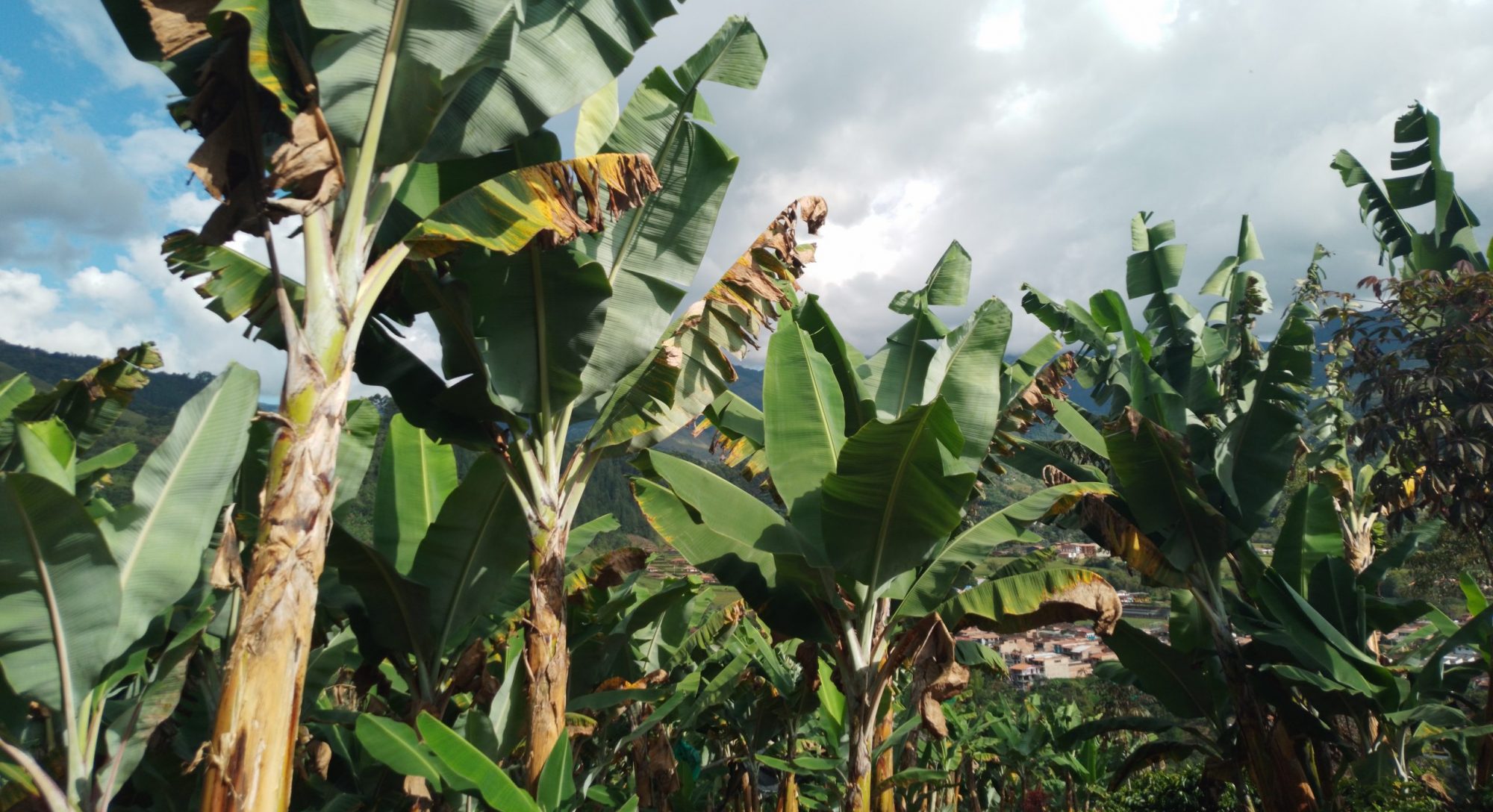The Shifting Power of Indigeneity: exploring the (co)-production of both rural and urban spaces
Call For Papers for RGS IBG annual conference 26-29 August 2014
Sponsored by the Developing Areas Research Group DARG
This session is interested in the multiple and shifting articulations of indigeneity in the contemporary period. It recognises the inherent tensions as well as conflicting understandings of indigeneity, which are articulated and claimed by multiple actors in different countries, histories, political economies and political ecologies. International legislation often defines indigeneity as identity category bound to ancestral claims to land, relationships to nature and collective decision making. These definitions are often criticised by academics, activists, and indigenous peoples themselves for essentialising cultures, removing people’s agency and grouping together different peoples that are, in fact, living in very different circumstances. However, indigeneity is still being used and claimed by many groups as a political category to gain political recognition, power and rights. Both rural and urban groups, often those who feel marginalised and in the minority, rely on indigeneity as a key political category. This session will explore the multiple and contrasting ways in which indigeneity is being used by various socio-political actors, situated in the global South and North, to shift existing power relations and to (co)-produce rural and urban spaces. Using theories that explore the relationship of indigeneity to political power and wider political economies and ecologies, it is interested in analysing how indigeneity is being articulated in conflicts over land and natural resources, in processes of development, in times of rapid planetary urbanisation, and in moments of political unrest and/or change.
We invite papers that investigate the various ways that indigeneity is articulated and mobilised by multiple actors and the ways it is being responded to by states. We want to explore the spatial impact that this is having in the current political economic and ecological contexts. When addressing these aspects, papers should take into account the following questions: In what contexts and how is indigeneity gaining legitimacy and power? How are relations between ‘indigenous’ and ‘non-indigenous’ actors articulated in different spaces? What role does indigeneity play in the (co)-production of different rural and urban places?
Please send 300 word abstract to the session convenors, Jessica Hope and Philipp Horn by the 3rd of February 2014, including your name and contact details
Jessica.Hope-2@postgrad.manchester.ac.uk
Philipp.Horn@postgrad.manchester.ac.uk
For further information about the conference, please see http://www.rgs.org/WhatsOn/ConferencesAndSeminars/Annual+International+Conference/Annual+international+conference.htm
